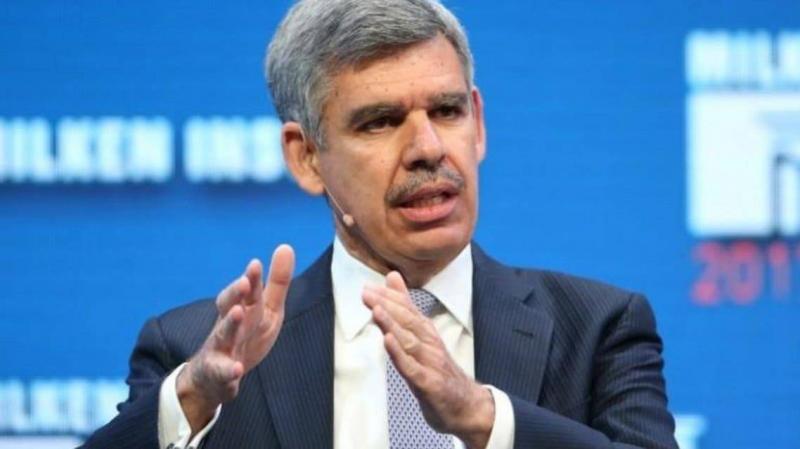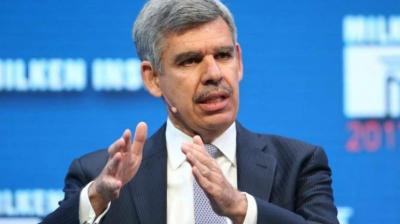Renowned economist Mohamed El-Erian stated that he bought some units of Bitcoin a few years ago, but miscalculated the timing for selling due to "behavioral mistakes." The chief economic advisor for Allianz revealed that he purchased an unspecified amount of Bitcoin during the "crypto winter" in 2018, when the leading digital currency fell near $3,000 after previously soaring to $19,000. El-Erian mentioned in an interview with CNBC, "I felt compelled to buy it."
He kept the Bitcoin in his wallet until late 2020 when it regained the $19,000 level. A few months later, Bitcoin's price surged, reaching an all-time high of over $60,000. El-Erian added, "Before you ask me about valuations, I must admit I don't completely understand why $60,000 for Bitcoin is more suitable than the current $68,000."
**When Will He Buy Again?**
El-Erian classifies Bitcoin investors into three groups: "absolutists" who hold long-term, professional investors who look to diversify their portfolios, and "speculators" engaged in day trading. The economist stated he wouldn't feel comfortable making a decision to buy Bitcoin again until some speculators exit the market, indicating that the first two types of investors are "strong foundations in the crypto market structure for the long term."
He remarked that "the underlying technology and investment model will be extremely influential in the upcoming period." El-Erian believes that Bitcoin has a significant future but denied that it will become a global currency competing with the US dollar. He said, "I think it will always exist within the ecosystem, but it won't be a global currency... it will not replace the dollar."
Unlike skeptics of cryptocurrencies, the former CEO of PIMCO does not believe Bitcoin could vanish entirely. As more major investors enter the market, El-Erian contends that the cryptocurrency industry should begin engaging with regulators sooner rather than later to avoid the regulatory headwinds faced by internet giants like Amazon, Google, and Facebook.
El-Erian urged cryptocurrency industry specialists to engage in early preventive regulatory discussions so they do not repeat the mistakes of tech giants that failed to recognize the importance of regulatory aspects until it was too late, exposing them to violent shocks. He stressed the need to take cryptocurrencies seriously, especially concerning concerns about illicit payments, fraud, and the stability of trading platforms.
He also warned of China's aspirations to surpass the United States and other Western countries regarding digital currencies. While the second-largest economy has largely banned crypto-related activities, China has ambitious plans to launch its central bank digital currency and apply blockchain technology—which supports many cryptocurrencies—in other areas, such as intellectual property.
El-Erian stated, "If the West is not careful, China will set standards for the world."




